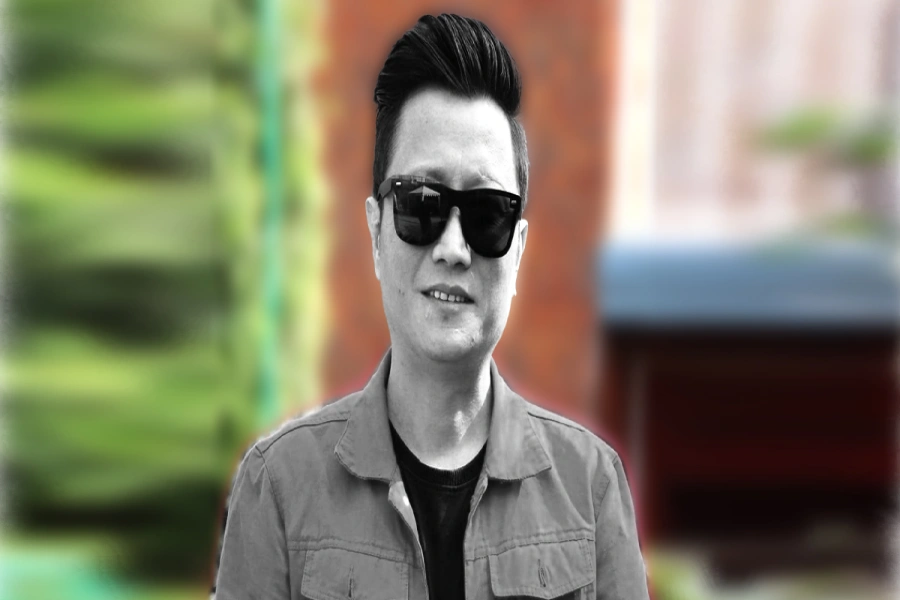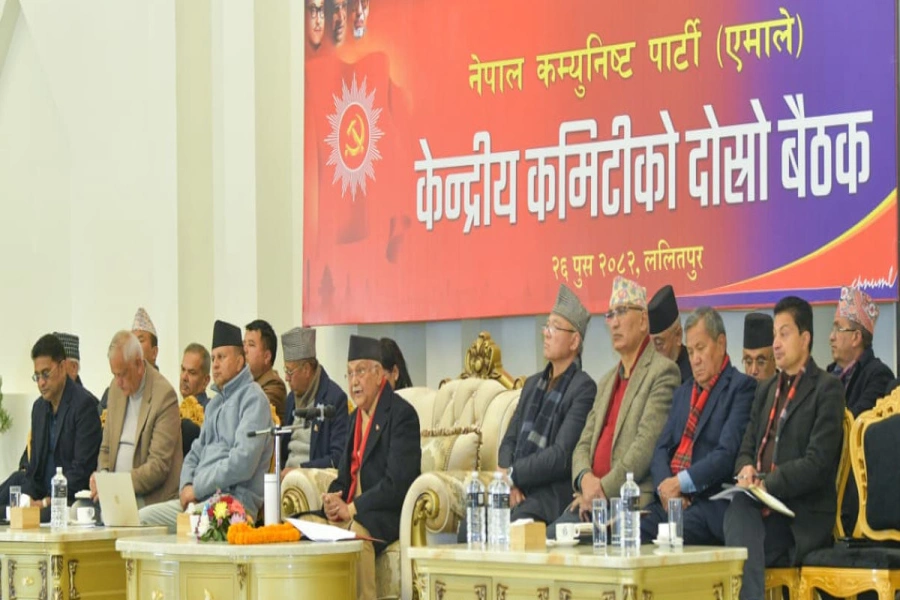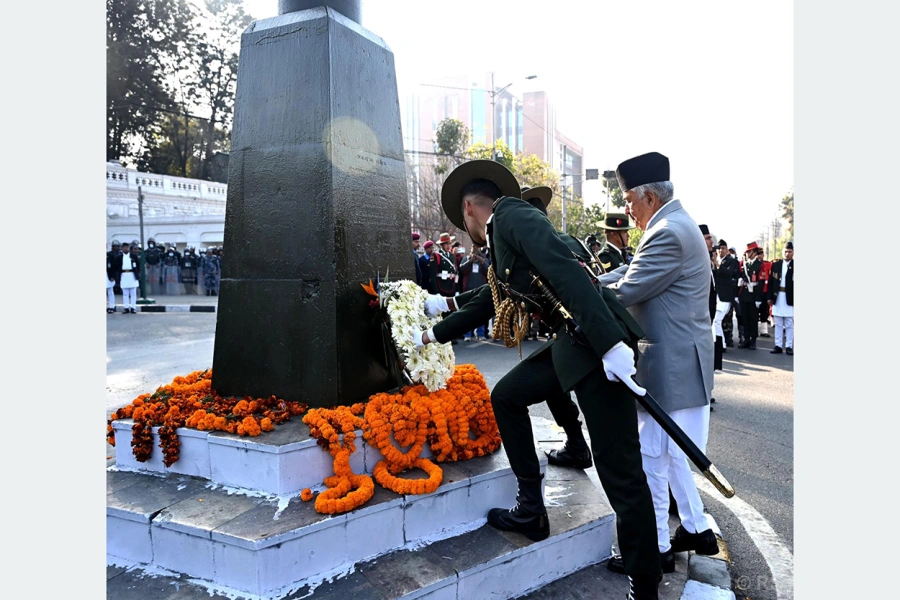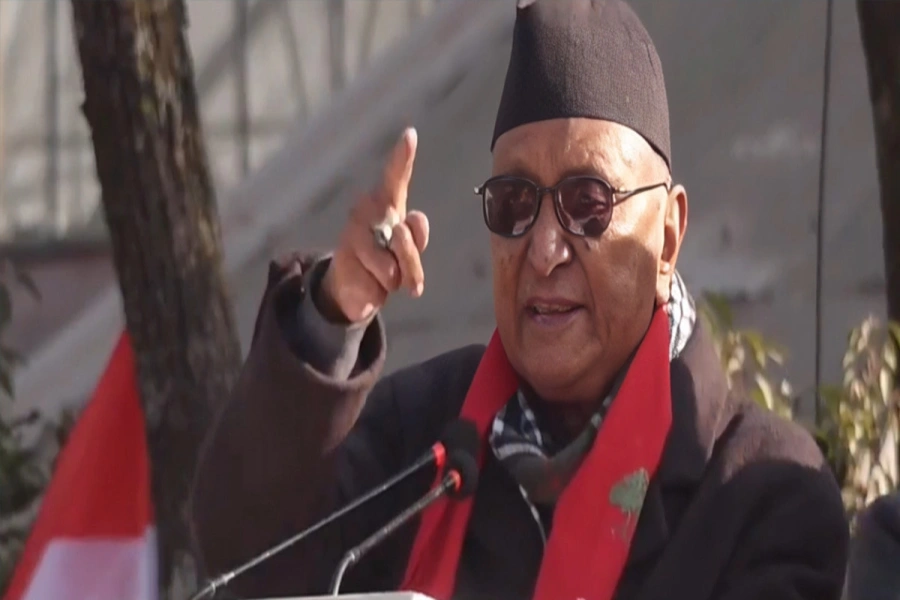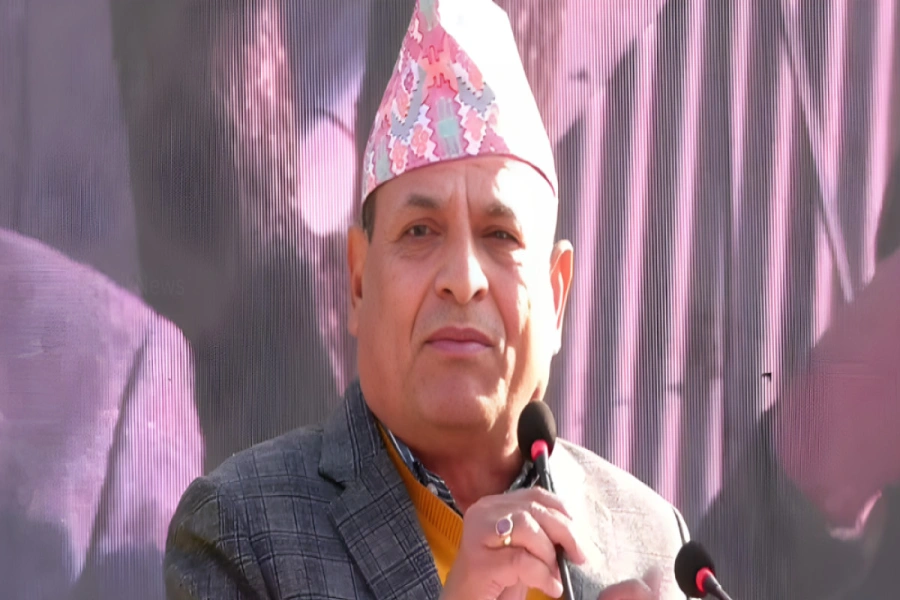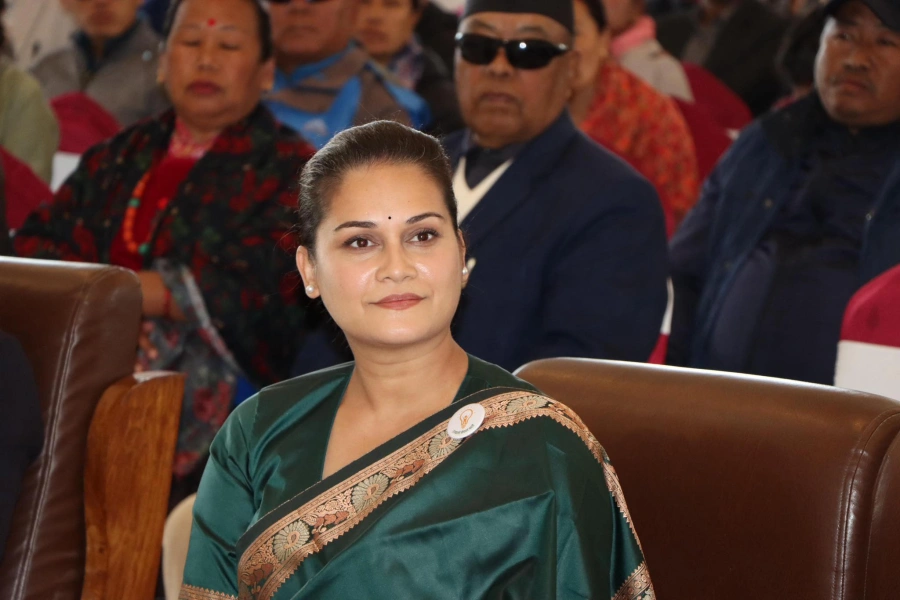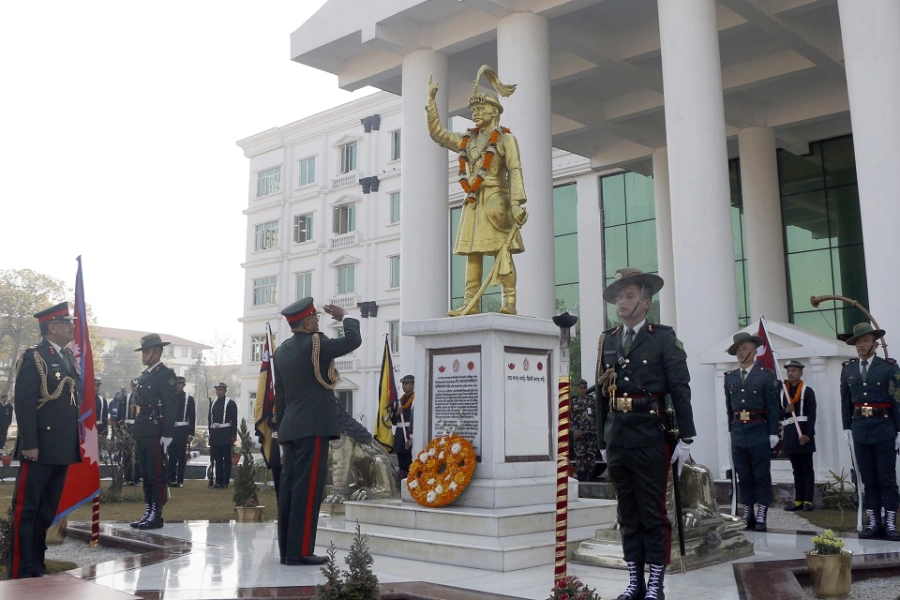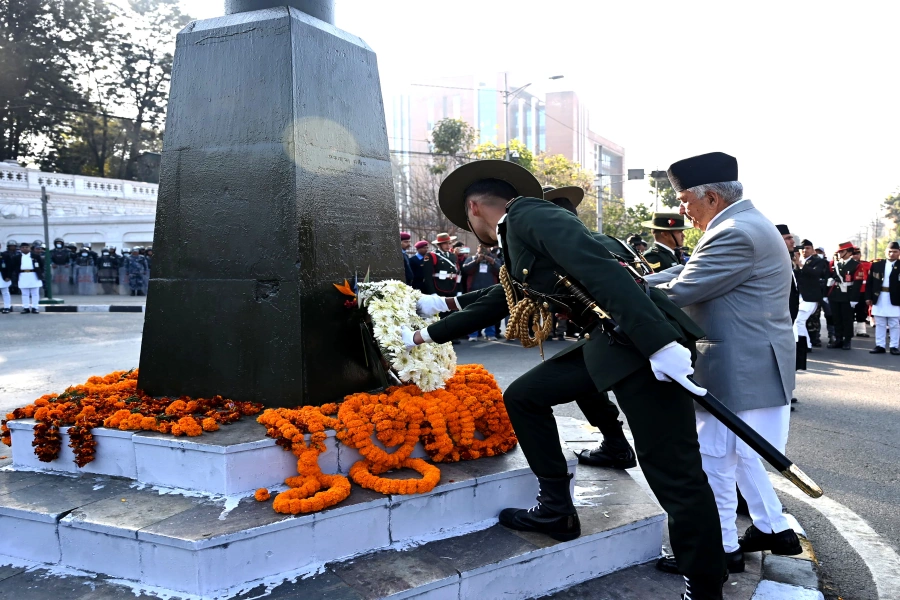Her presence was a sartorial delight. I fluttered around her, inviting unnecessary attention to claim a share on her delightful presence. Yes, she is my mother. I was shouting through each pore of my body. I was still in that phase, that utterly blissful phase, when your sense of beauty is intelligent enough to gauge beyond the shapeliness of a face and see right through the halo of love each person embodies. It wasn’t really surprising then that, I saw my mother as the most beautiful woman in the whole world. [break]
it.cjbdy.net
“I’m afraid, she hasn’t done all that well this time,” my class teacher had told her, holding my report card in air for a while after failing to distract my attention from my mother’s geometrical sari. I was fascinated how unselfconsciously the triangle had decided to rest its protruded head into the heart of a circle, as if a lovelorn mountain had surrendered to a majestic, round moon, on a cool, cloudless autumn night. A solid square held the geometrical lovers in its protective border that merged with a rather oblong rectangle. In retrospect, I regret not knowing the proper names of those geometrical shapes because I’d so badly wanted to tell their story to my brother, whose refusal to accept the idea of geometric romance was alarming. That’s just a moon. I have a faint feeling that my knowledge of their proper name would’ve validated their capacity to love.
But for all my intuitive understanding of love oozing through the inanimate shapes, I couldn’t understand why a few numbers in my report card had distressed my mother. She responded to my class teacher’s grave concern with a matching gravity and stared at me in what had to be an admonishment. I responded with a blank stare.
Later that night, she would hold me in a conversation, when the fear of being unrequited would stifle my eight year old mind for the first time.
“You cannot be so careless with your exam,’ she told me, as a matter of fact.
She had changed into a modest, cotton salwar kameez, and the easy grace with which the wind buoyed the plume mane of her shawl betrayed the sense of gravity, her undivided stare demanded. “You’d been first in your class for all these years; you cannot suddenly do so badly.”
But I could. In fact, I had and there was price to it.
Working through the sudden blur of isolation, that kept me from many of my friends, I realized not doing well enough in math meant my capacity for friendship had been impaired to an extent. Actually, doing badly in exams meant the goodness inside you, altogether had been impaired in some proportion.
Being as young and rationally incapacitated, this isolation broke my heart.
“Why?” I asked my mother.
“Because if you don’t do well in exam, you won’t pass your school. And if you can’t pass your school, you can’t go to colleges. Without going to college, you can’t be a doctor or an engineer. And without a good job, you won’t have any money. And who would want to be friends with a poor, uneducated person? She’d laid down precisely for my juvenile mind the eternal, sad progression of a bad report card.
I couldn’t see that far. But she had a point. Bangali, a chocolate tanned shepherd in my maternal home, arose in my mind to personify the poor, uneducated person. And this personification stuck me to horror.
•••
Bangali, as his name suggested, was from Bangladesh. How would anyone come to know the fact remains a mystery, because the rare moments, when he decided to say anything, the words would come in strange, oblong gibberish. He had appeared mysteriously on an eventless day at Adarshtole, my maternal village. For about two days since his arrival, he camouflaged himself comfortably under the dark shade in our mango orchard. Some said, he was immune against venom, for the orchard, with all its hypnotic aroma of mangoes and pineapple was home to hundreds of snakes. Eventually, when my grandfather saw the intruder, he attempted to have him reason the intrusion. He wouldn’t speak. My grandfather was already mystified with the stern but harmless defiance he exuded. He, at once, decided to hire him.
He was intuitive for most of it. But if you had to explain anything beyond his natural intuition, there’d be a series of elaborated pantomimes. He was uneducated, as they said. Because he didn’t understand English, I could never impress him with a poem by Walter De La Mare I had just memorized. And that annoyed me.
During sun soaked afternoons, I’d watch him carry a steel bucket and a bar of Puja soap and wash his dark skin, covered partially in a threadbare loincloth. He was so dark that you’d mistake him for an invisible gradient of darkness on a moonless night. When he worked the luxurious lather over his night kissed body, I would dread for all the darkness that the soap could never wash. His soft ivory sole was as dislocated as is a pale moon on a dark canvas of the night, and came more as a fright than solace. He was so poor, they said, he’d survived on an unusual diet of consisting only of rats for months before my grandfather discovered him.
I didn’t want to befriend him, the poor and uneducated Bangali.
•••
Having learnt my lessons, I directed my time in the pursuit of knowledge, which in this progression, was to bring me fortune, friends and perhaps some love.
Like many young people I know, I grew up believing having sufficient amount of money, or being good looking enough, or having adequate fame and élan or perhaps educating oneself well enough was really the goal. I had been so young and too deprived to know any better.
And there wasn’t anyone to tell me we only prized these make-believe values because our faith in love had withered away. We believed it was only through possession of these, one became loveable. An Individual, in his such-ness, wasn’t worthy of being loved.
I with my degraded academics, lower-middle class upbringing, and a Nubian nose shouldn’t be bidding for love. And that I did not, for a long, long time.
•••
Bangali fascinated me as much as he inspired fright. He squatted solemnly in our stone paved patio, while we ate inside the kitchen. He loved uncooked mustard oil and chili in his rice. Once when I was assigned to give him a chili, he’d thrown a casual, insipid look at me. I suspect now he was trying to smile at me. I froze to feel his eyes on my face. I was dismayed by his sudden gesture of kindness.
It wasn’t until the day he held my little, protesting, wounded body in his dark, calloused arms, I understood, the clean, pure heart, cleaner than his flawless ivory soles, that lived inside the darkness of his skin.
It was a warm, sunny day and the humidity deposited a cake of dust on my arm folds and the creases of my neck. I, along with my cousins, the eldest of them being ten, was collecting fallen guavas at the farthest end of our kitchen garden. Most of them were either nibbled by a lucky bird or injured from an unexpected fall. While we compromised ourselves with the sour flesh of fallen guavas, the healthy, ripe ones dangled temptingly at the tallest height, unreachable even to the daring aim of a Tharu sling shooter. The aromatic, pale balls swayed hypnotically against the clear Tarai sky. If you think I hadn’t calculated my risk before climbing, you simply don’t know the call of luscious guavas on a parching sunny day. It was a wrong decision from the very beginning. Guava trees are often rheumatic and not really ready to take a weight of more than a bird. Or they must be really, old ones, which was not the case with ours.
Tempted more and more by the yellow dangling balls, I crawled through the bony twigs, only to figure out that it was home to a barrel of large red ants. I hurriedly picked a few guavas and elated by the success pushed my way through the agitated caravan of ants. I was just there, the cluster of pale, round guavas when the caravan decided to abandon the regular route and walk over through my left leg instead. In the beginning, it was a gentle tickle and may be a tiny bite, I couldn’t be all that sure. But soon enough, they took liberty with my flesh and started injecting their tiny stings wherever they pleased. And each inch of my leg pleased them.
Trying to get hold of the cluster, brushing off the barrel and scratching the raw welters of each bite, I didn’t know when I lost my balance. And long before anyone saw me coming, I landed with a big thud, and my skin soured like one of those fallen guavas. I had a flash of constellations in my head. And then it was all dark.
Gushmushgushmush…. I woke up to what sounded like a rustle of wind. The constellation had gone back to sleep and my mind was a dark night again. When I opened my eyes, two liquid stars, however, were still there. They were crazed, as though just born from chaos and blinked impatiently. Slowly, the ether, the black ether that was levitating my body, condensed into a sturdy, familiar shape. That shape, much to my horror, was Bangali’s.
He had been talking to me in gibberish. That man spoke like a rustle of wind. I started bickering and screaming, to which he smiled but continued holding my injured body. I had been so terror-struck that I closed my eyes in a tight shut. He didn’t reek of dead rats as I always thought. He carried that raw, masculine smell of a washing soap. And his embrace was the embrace of a sky, as loving, as forgiving, as transcendental. Such was the power of his compassion, I saw myself surrendering to him like the unselfconscious triangle on the arms of the circle. He carried me all the way to our house. Beneath my injured body, his barefoot ivory soles made an impression of hurried feet on wet mud. And the redundant mass squished through the pores of his toes. He still carried the sheath of mud when we reached home. When he’d left me in my bed, his absence was survived by a pair of muddy footprints.
And a heart, a heart defeated of its vanities. A heart that was capable of loving back black ether, his gibberish, his silence, his poverty, his starvation and the sullen cracks in his ivory soles. That heart, surprisingly, was mine.
Later that night, he would visit me with a bar of chocolate. Like Khader bhai a character from Gregory David Roberts’ novel Shantaram says, the greatest act of faith lies in the generosity of the poorest. There he was, in a thin cotton shirt, his only shirt, from where the radiance of his heart streamed through hundreds of threadbare. He hadn’t had a pair of slippers for as long as I remembered and yet with all his saving he decided to buy me a bar of chocolate, as expensive as a modest pair of flip-flops.
Even now, when someone touches my heart, I still have the déjà vu of that day.
Bangali died a slow, silent death in a pariah land, where everybody loved him back, and recited prayers for him in the exquisite, sophisticated language he could never get himself to understand.
The author is a Communication Associate at ComForm Project/ Institute of Forestry
appadipobhava@gmail.com
The unrequited love






